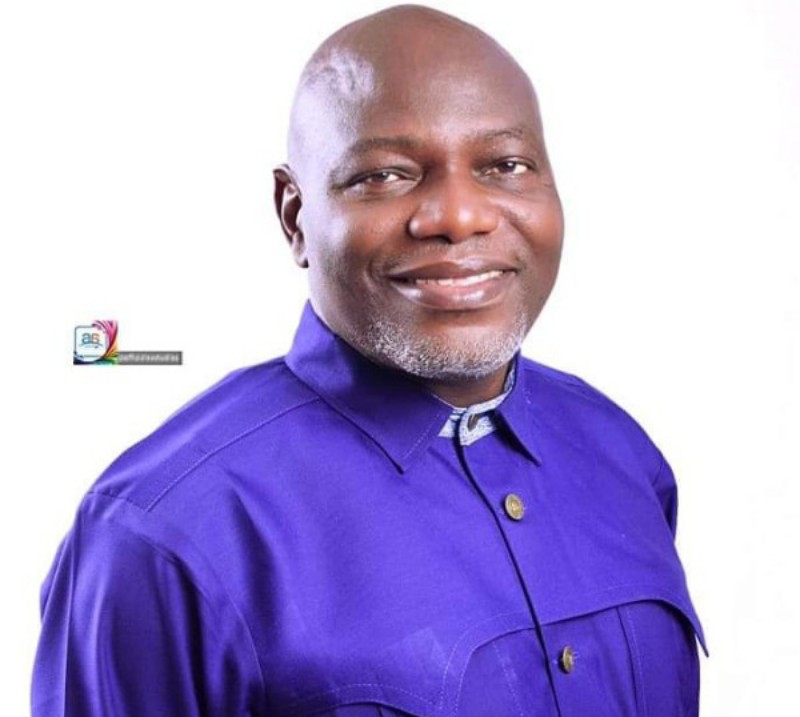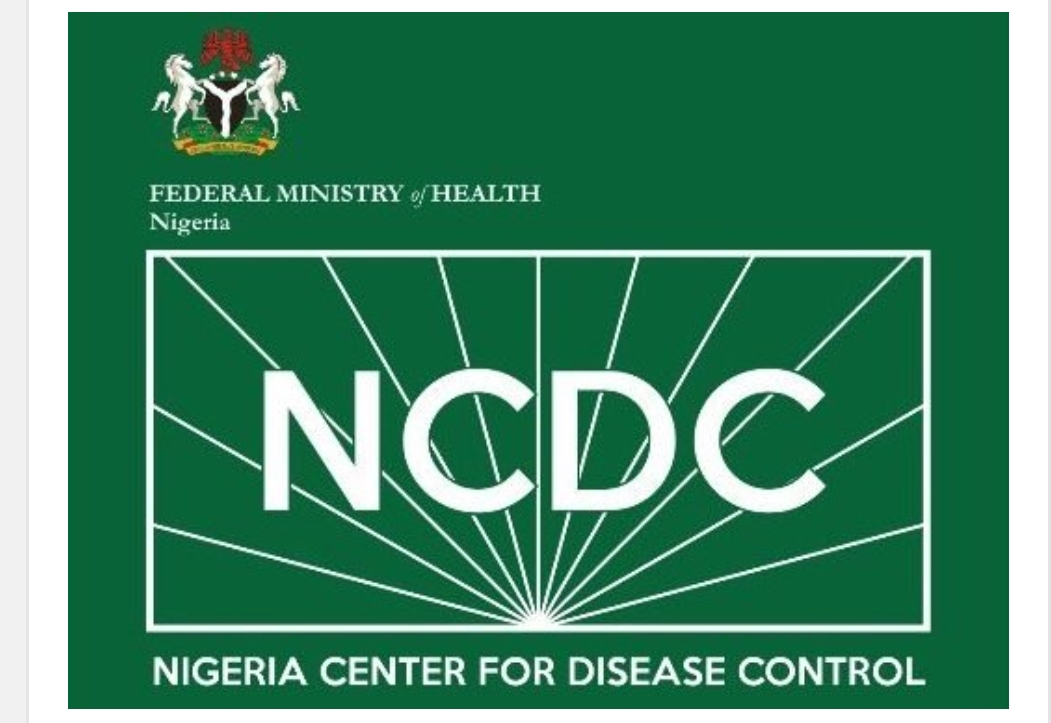Olatunde Sanu, a Medical Cannabis advocate, is the Lead Counsel at The Sanu Attorneys (Legal Practitioners and Chartered Arbitrators), with over 30 years post-call experience. The patient rights activist, in this exclusive interview with Newscoven.ng, calls for marijuana (cannabis) law reform, saying his practice in the area of Health Law has exposed him to the painful suffering of patients in Nigeria who are not accorded the option of Medical Cannabis as alternative treatment.
What is Medical Cannabis?
Medical Cannabis refers to cannabinoid drugs that are extracted or derived from the cannabis sativa plant. The drugs primarily consist of two major parts namely, THC and cannabidiol (CBD). Medical Cannabis can be used in treating insomnia, inflammation chronic pain, epilepsy, multiple chlerosis and etc
You are a lawyer, how and why did you get involved in the medicinal marijuana struggle?
I always wish to separate my law practice from my activities as a Medical Cannabis advocate. However, the herb (cannabis) is 100 per cent controlled by law in Nigeria. The cultivation, use, possession, etc of the plant, including its resins, extracts and derivatives are prohibited in Nigeria. That makes it a hot subject of the Law.
More importantly, my area of practice, Health Law, exposed me to patients and families of patients who are suffering from severe illnesses and medical conditions like cancer, epilepsy, multiple chlerosis, etc,. Some of these illnesses and medical conditions can be treated and or managed better with medicinal marijuana.
Unfortunately, in Nigeria, these patients do not have legal, safe and affordable access to medical cannabis wellness products for the dignified relief of their suffering.
That is the crux of my advocacy.
What is your view of the law governing Marijuana in Nigeria today?
I am ashamed to say that the legal regime in Nigeria is not only outdated, it is also reflective of the fears, sensationalism, bigotry and xenophobia that prevailed in the Western world about a century ago.
Cannabis criminalization has little or nothing to do with public health or safety. The Dangerous Drugs Act, which became a statute of general application in Nigeria in 1935, originated from Britain in 1928 when Britain hurriedly updated her narcotics law by adding cannabis as a ‘prohibited’ drug.
The UK, like the contemporary United States, was under a mounting racist fear regarding the influence of marijuana among people of colour all over the British- occupied territories, as well as ethnic minorities within Britain.
Marijuana was perceived as a fetish symbol of emancipation, the use of which must be curbed. In the United States, marijuana was very popular among the immigrant Mexicans as well as other minority groups.
But quite unfortunately, 60 years after independence from Britain, Nigeria’s leaders have continue to wallow in a much heightened hangover of the spirit of absolute prohibition by passing into law local regulations that completely criminalize the cultivation, use, possession etc of marijuana, even without putting same into debate and without consideration of local circumstances, especially the health and spiritual needs of the citizens.
The NDLEA Act, The Indian Hemp Act, continue to tow the line of absolute prohibition of cannabis, making it virtually inaccessible for research, medicinal and therapeutic purposes.
So, what is the way forward?
Cannabis has been with the human race from the prehistoric era as a source of food, medicine and recreation before the ‘gang up’ against this potent herb. As at 2700 BC, the Chinese Emperor Shen Nung (considered the Father of Chinese medicine) discovered marijuana’s healing properties.
It was alleged that in 1890 a cannabis tincture was prescribed for Queen Victoria of England, to relieve her menstrual cramp. So common and popular was marijuana to man for food and relief of pain.
Today, cannabis is regaining its lost glory and recognition in most part of the world. In the words of a cannabis enthusiast, ‘cannabis is moving out of the drug dens back into the drug stores and medicine cabinets’.
This is the trend in Canada, United Kingdom, Israel, and some states in the USA. In some other parts of the world, heightened and concerted efforts are being made to reform their cannabis laws to make medical cannabis accessible to their citizens.
This is what we demand for in Nigeria.
Why should our patients suffer on opiates when a less harmful alternative is available, naturally and locally occurring? Why can’t we legalise and regulate the use of marijuana for medicinal and therapeutic purposes in Nigeria? It baffles me!
How then can you describe the stand of the chairman of the National Drug Law Enforcement Agency (NDLEA) on the legalisation of Medical Cannabis?
With due respect to him, Brigadier General Buba Marwa is doing his best on the fight against narcotics in Nigeria. But I will advise him to concentrate more on the real narcotics, the synthethic drugs like cocaine, heroine, meths, etc.
As at 2019, the country has the highest cannabis usage worldwide with about 20 million users. Also, 19.4 per cent of Nigeria’s population over the age of 15 consume cannabis. This is a startling stastistics for a country that has a prohibition law in place.
What I observe is that the current prohibition laws have created a black market for marijuana and the resultant cartels that fuel the appetite and drive the supply of marijuana to the undeserving, the weak, the abusers, the vulnerable, and even minors! The sick and those who need marijuana for healing and research are locked out, by law from this supply chain.
In spite of the above failures, the NDLEA chairman is kicking against the reform of marijuana laws in Nigeria. He is the only administrator I know who does not want a reform of a century old policy.
He is so desperate that he threatened members of the last legislative assembly at the federal level that ‘they dare not go back to their constituencies if anyone of them signed’ the proposed amendment!
But the current war against marijuna has failed. I want to strongly advise here that politicians and policy makers should not stand in the way of Marijuana Law Reform in Nigeria.
Apart from medicinal use of marijuana, what other benefits would its legalisation confer on Nigeria?
I have so far restricted my advocacy to the decriminalization of medical cannabis in Nigeria. I am not talking about recreational or adult-use of cannabis.
Medical Cannabis, on its own, is a multi-billion naira industry that is capable of transforming and diversifying the economy of Nigeria.
According to Statista Market Forecast, revenue in the Medical Cannabis segment is projected to reach US$12.9bn in 2003. According to African Business, by the end of 2023, the value of Africa’s legal cannabis market could be about US$7.1bn.
With the current prohibition law in place, Nigeria has no cut in the size of the legal cannabis market in Africa. Lesotho has led the way; South Africa has followed.
In the legal cannabis projection for Africa, South Africa’s gain is Nigeria’s loss. If we arrived too late at the scene, South Africa would have nurtured giant corporate entities that will dominate Africa’s cannabis market, as they are doing in telecommunication and entertainment!
How can you address the fear of abuse that may attend the legalisation of Medical Cannabis, as we have in other drug abuses?
Abuse, misuse is always a problem of failed institutions. With Medical Cannabis, Nigeria should not get it wrong. It will not be a free entry for all.
Under a proper guidelines, those who want to cultivate medicinal marijuana will obtain licence under strict conditions. So also are processors and testing labs. Clinicians will obtain training before they are licenced to prescribe marijuana drugs and wellness products
Nobody should have access to Medical Cannabis without a prescription. No pharmacy shall dispense it without the proper licence.
The chain of licensing creates revenue for governments, the monitoring and regulation will create a hundred of thousands of jobs. Nigeria is capable of establishing an authouchtonos health sector industry with marijuana. And with very little foreign inputs.






























